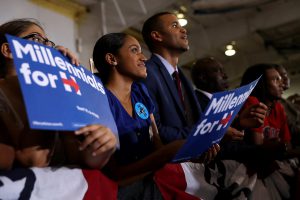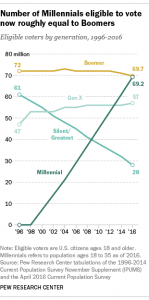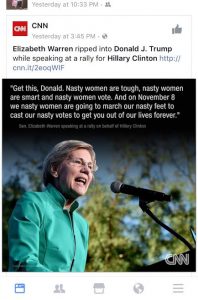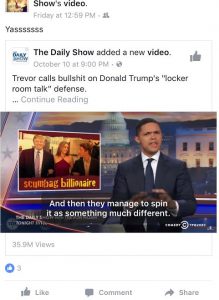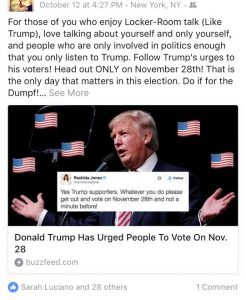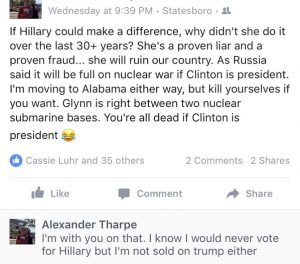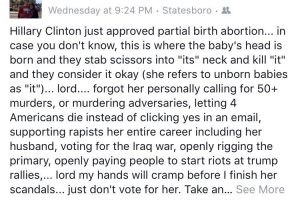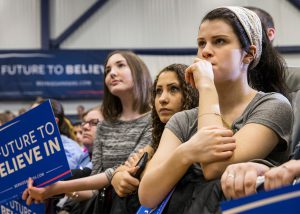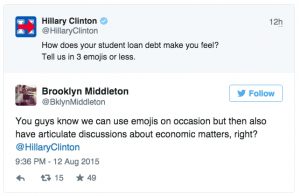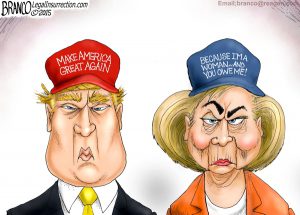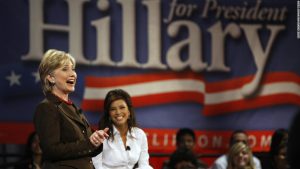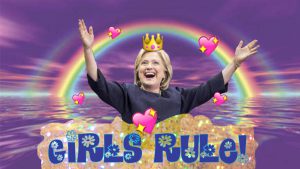Hillary Clinton has struggled with winning the millennial vote throughout the majority of her campaign. However, the recent televised debates have done a substantial job in changing the minds of younger voters. According to a poll by Quinnipiac University in mid-September, Clinton had won just 31% of the millennial vote. However, according to another poll by the University in mid October, Clinton was up to 57%. So what changed? The two televised debates that occurred within that period of time.
A majority of millenial’s problems with Clinton was that she comes off as scripted, fake, and hard to relate to. Her attempts at appealing to the millennial vote via social media were, for lack of a better word, cringy, and because of this she lacked substantially in her ability to make young voters feel valued and appreciated. However, the live debates gave Clinton an opportunity to show a side of herself that millenials have been waiting for all along.
In an article by Time, Sam Frizzel writes, “Still, it was in the debates when they [millenials] saw a candidate in her element, a lawyer-by-training who during three 90-minute sessions steadily cut into her opponent, goading him, baiting him and mocking him into making blunders.” Clinton was able to keep her cool in all of the debates, and came off as a strong, intelligent woman who can handle being interrupted and mocked by a man who had little evidence to back up his claims
It was in the debates where Clinton’s rhetorical objectives had very positive effects. Specifically, through her demeanor, practice, and logistical responses she was able to reinforce audience belief structure, modify her image, set the voter agenda and increase knowledge of issues, as well as build confidence in Democracy. Trump’s irrational outbursts and crude comments left voters, specifically undecided voters, feeling annoyed and quite frankly angry that someone so illogical could be running for president. This is how Clinton was able to also shift a limited number of millennial voters to her side.
In an article by New York magazine, Eric Levitz writes, “Harvard political scientist John Della Volpe, who studies youth voting patterns, told the site that a “significant number” of young people hadn’t seen Clinton in a “long format” until the first presidential debate, when “an overwhelming majority of millennials saw her with fresh eyes — and, generally speaking, they liked what they saw.” These presidential debates are the reason for Clinton’s recent surge in millennial support.
It wasn’t her appeals on Snapchat or her strange references to pop culture that won millennial support. It was showing the public her true, somewhat unscripted self, that made her relatable and appealing to the younger generation.

